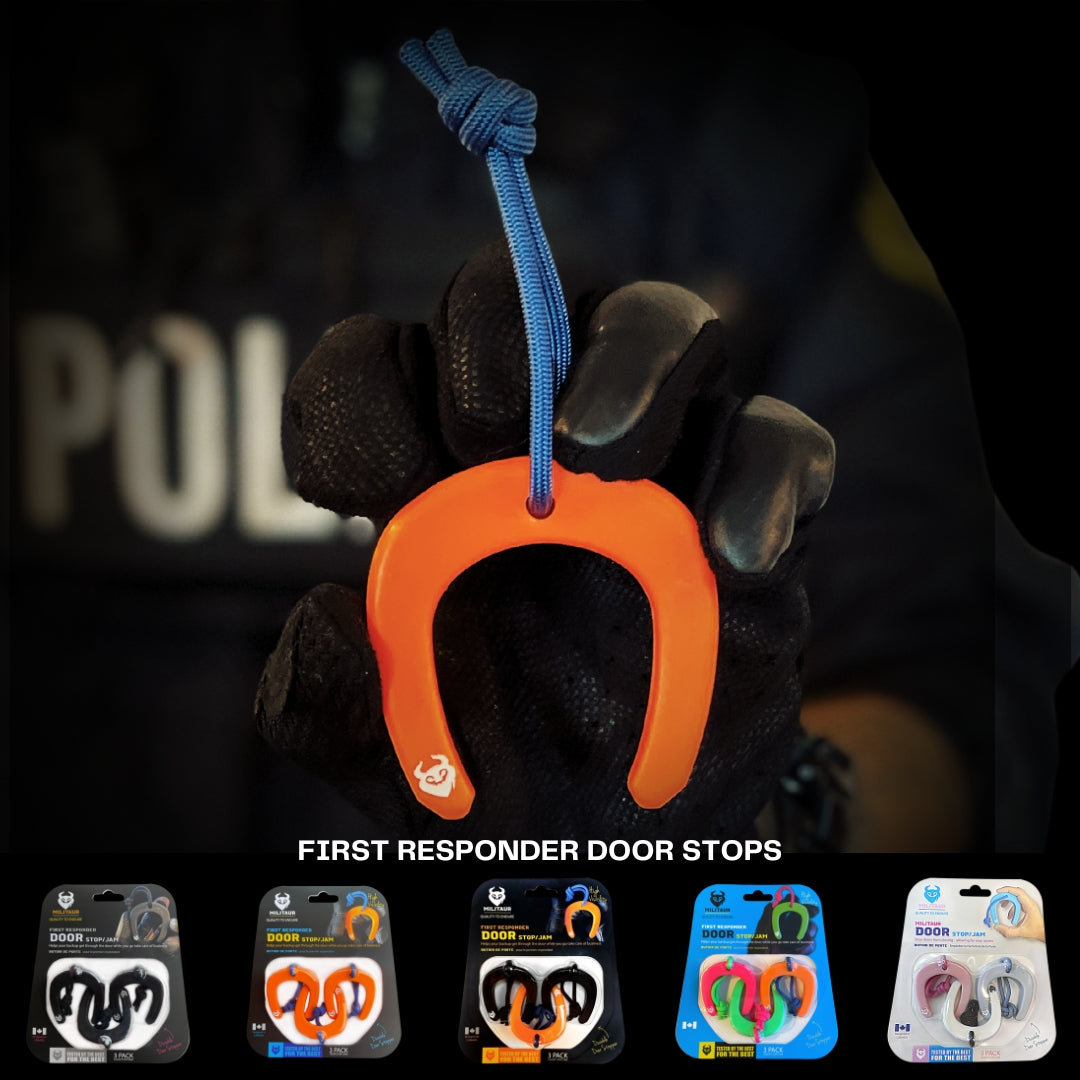The Impacts Of Shift Work
Shift work can be a rite of passage or a way to feed your family. Shift work can help you to get ahead in your career. Depending on your job, shift work can be a necessity. I mean, someone has to do it, right? When the world goes to sleep, the people of the world do not. Someone has to be there to protect and serve, to staff the emergency services, to do the jobs which others do not want to do, to keep the world running. Shift work is needed in this world of ours, yet there are some genuine risks which come with it; risks which can affect your health, your well-being, and those around you. With such a demand for shift work, is there anything which you can do to protect yourself from serious harm?
What Is Shift Work?
Shift work is not just limited to those who work weird hours or only work when the sun goes down; a shift worker is anyone who works outside of a regular 9am-5pm schedule. Granted, that there is some shift work which is easier to cope with than others, but even a few hours deviation from a regular schedule can throw off your body clock.
Who Suffers From Shift Work?
Shift work can be broken down into two main categories. There are those who work outside of regular hours because a business is open outside of those hours, and there are those who work outside of regular hours because the world would not be able to carry on without them.
The first category is made up of people such as waitresses, shop assistants, customer service, etc. The second category is made up of people such as police officers, firefighters, doctors, etc. Shift work affects everyone equally. People are trying to provide for their families, but our natural circadian rhythms make it hard for our bodies to adapt to working during the hours when we should be sleeping.
What Are Circadian Rhythms?
We all have an internal body clock that is constantly running in the background, no matter what we are doing. This is known as your circadian rhythm. Your brain cycles between sleepiness and alertness at regular intervals.
For most people, and especially for adults, the biggest dip in your circadian rhythm occurs during the middle of the night, somewhere between 2am-4am. There is also a dip after lunchtime, usually between 1pm-3pm. These times can change, but that is the most common time range for the dips.
Now, for the important part. It is when you have not had enough sleep that you will feel these dips more. If you are all caught up on your sleep, then you will not notice large swings between sleepiness and alertness.
Your circadian rhythm is also affected by the cycle of light and darkness, due to the release of melatonin when it gets dark. If you have regular sleep habits, then you are not going to be affected by your circadian rhythm, but if you work shifts, then not only are you going to be lacking sleep, but your body is going to be releasing melatonin (which makes you feel sleepy) when you need to stay alert and awake.
Physical Health
We all know the feeling of having a cold or the flu. If you combine that with a lack of sleep, then it takes forever to get over it, and you are left feeling fatigued and worn down. Now, imagine that your body is suffering from a constant lack of sleep. Shift work makes it hard to get enough sleep, and it goes against the natural rhythms of our bodies.
With a lack of sleep comes many physical health issues:
- There is a link between working shifts and chronic disease and illness.
- Shift workers have a higher chance of obesity, due to eating at irregular hours and more snacking. There is also more chance of gastrointestinal problems.
- A lack of sleep will change your metabolism and appetite.
- The risk of certain cancers is increased with an irregular sleep schedule.
- Sleep deprivation is often caused by melatonin being released at the wrong time.
- Melatonin being released when it is dark also means that you will feel tired during the night even with enough sleep.
When physical problems combine with a lack of sleep and rest, they only become worse.
Mental Health
It is not only your physical health which will suffer from shift work; your mental health suffers too. As a lack of sleep accumulates over time, your body and mind begin to suffer. Common mental health problems are:
- Less alertness during the night. Your body clock is trying to tell you that you should be sleeping at night instead of being awake.
- Slower reaction time. Your mind is not rested so you will have more difficulty reacting to problems and solving problems.
- Shift work is often a solo activity, and you usually work in isolation. This can take its toll and affect your brain chemistry.
Putting Yourself In Danger
Working shift work comes with many problems. You are working hours in which most of your friends and family are asleep. The hours are unsociable and can often be lonely. Your body lacks enough sleep, and it can be hard to find sleep when the sun is up, and your body is fighting to be awake.
Those are some very real issues, but more real than that are the dangers which can present themselves when you are working abnormal hours.
Sleepiness leads to slower reactions and poor decision making. If you are working in a job where those are key factors, such as in a factory, then you can put yourself in danger. If you are a police officer, then you can put others in danger.
When you work shifts, it is often easy to underestimate how sleep deprived you are. You are already less alert than you should be, but your mind can fool you into thinking that you are not. When you combine this with the fact that more shift workers are inexperienced workers, and there is less supervision for night shifts, then it is easy to see how mistakes can be made.
In a worst case scenario, you can fall asleep when you are on shift. For most people, this could result in disciplinary action or even losing your job, but, in rare cases, this could lead to death.
What Can We Do?
If we could all avoid shift work, then the world would be a better place, but sadly that is not possible. So, if we have to work shifts, what can we do to ensure that we are safe?
Sleep is key. Your body is not going to be happy with shift work, but at least you can keep it as rested as possible. There are some steps you can take to ensure that you get the best sleep possible:
- If you are tired, then do not delay going to bed. It can be tempting to watch one more episode on Netflix.
- Set aside enough time to get a full 7-9 hours sleep.
- Eat and drink before you go to sleep so that hunger and thirst do not wake you.
- Avoid alcohol and smoking before you go to sleep.
- You may not be able to sleep when it is dark, but you can make your room as dark as possible.
- Let friends and family know that you are sleeping, so they do not disturb you.
You can also try to trick your body into thinking it is day and night by regulating your light exposure. Exposure to bright lights can trick your body into thinking that it is daytime, and limiting light exposure can trick your body into thinking that it is nighttime. Wearing sunglasses on your way home can prepare your body to go to sleep.
Eating is also key. Stay away from heavy or sugary snacks when you are working during the night. Have light meals and frequent snacks. Fruits and vegetables are essential, and remember to stay hydrated.
A small nap before you start work can help you get through your shift. A small amount of coffee at regular intervals can also help you to stay alert.
Conclusion
Shift work is something which millions of people suffer with around the world (even if you feel you are not suffering, the shift patterns are still taking a toll on your body). It is an issue which is unavoidable, but one which can be managed and controlled. Taking responsibility for your health is key to maintaining brain and body function both on your shift and in the long-term.
Keeping yourself safe is the number one priority. Only by looking after yourself can you look after those around you and keep them safe too. Shift work can take its toll on your body and present some real dangers to you on shift, but a few simple steps can go a long way to improving your happiness and long-term health.
Written by Steven Doyle











